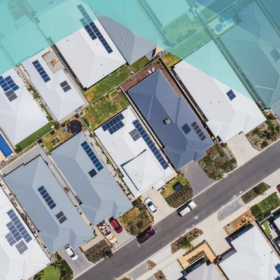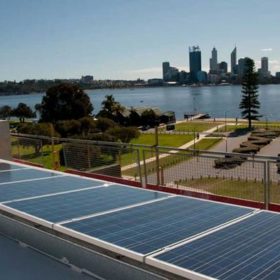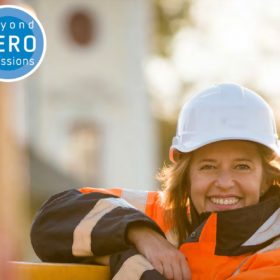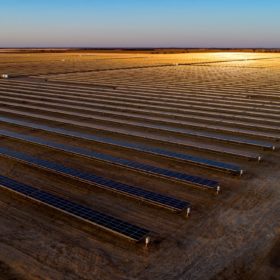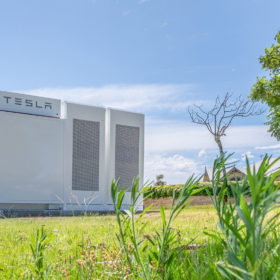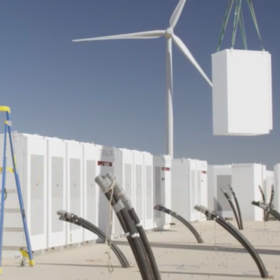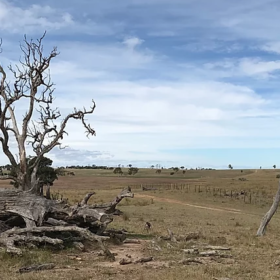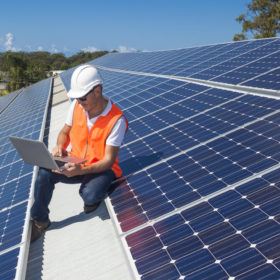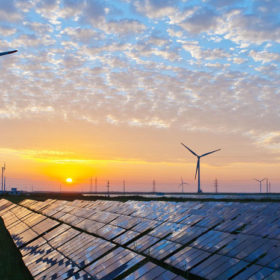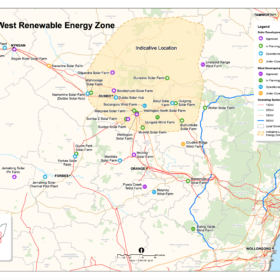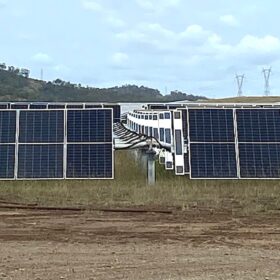Western Power launches 100MW Industry Challenge
Western Australia is pioneering new strategies to manage its burgeoning rooftop-top solar resource. Next stop on its DER Roadmap? Engaging commercial and industrial energy users/producers in rewarding strategies for balancing generation and demand.
Solar households can soon be charged for their exports
In its annual State of the Energy Market report, the Australian Energy Market Regulator has suggested that solar households should be asked to pay a network fee to be allowed to export energy to the grid.
“Australia’s last chance”: BZE publishes renewables powered Million Jobs Report
Every crisis is a crossroads, and Australia is certainly at a crossroads. This week, a host of climate, development and investment leaders are backing Beyond Zero Emission’s green scaffolded Million Jobs Plan of Covid-19 economic recovery.
Limondale solar farm registered in West Murray
The Australian Energy Market Operator (AEMO) has announced a major step forward in the West Murray Zone after it granted registration to one of the biggest solar farm in that troubled part of the grid.
WA community battery rollout continues: Tesla battery launched in Port Kennedy
The Western Australia government has installed the state’s sixth grid-connected community PowerBank battery, taking the total number of shared battery storage systems on the Western Power network to 13.
Expanded Tesla big battery charges up for final testing
French renewables developer Neoen has announced that final testing of the expanded 150 MW Hornsdale Power Reserve has kicked off. If the tests run smoothly, the extra power will be available to the market within weeks.
Grid connection approval for 720 MW solar farm coupled with massive battery
A massive solar+storage project nearby Uralla in the New England region of New South Wales has locked in a grid connection agreement with Transgrid.
CER reports significant decline in potentially unsafe PV systems
A very small number of PV systems installed on Australian rooftops are considered to be potentially unsafe, the Clean Energy Regulator’s new report finds. Water entering DC isolators is identified as the greatest risk and the most common cause of PV system failures.
CEC: Investment roadmap should prioritize solar and wind as lowest-cost technologies
The government’s task is to identify and develop a suite of energy technologies that can provide low-cost, low-emissions electricity system of the future, and the Clean Energy Council says that this can be achieved by leveraging Australia’s comparative advantage and the mature industry built around solar and wind. Technologies that extend the life of higher cost, fossil fuel generation should not be prioritized for investment, the CEC says, instead, the roadmap should focus on plenty of challenges to accelerate renewable energy investment.
NSW first renewable energy zone attracts 27 GW of solar, wind and battery proposals
The New South Wales government’s plan to deliver a 3 GW renewable energy zone in the state’s Central-West has been met with overwhelming investor interest and project proposals valued at $38 billion. To support the development of the REZ, the state government has quadrupled its funding support, while ARENA has allocated funding for TransGrid’s scoping study that will deliver a business case of the Central-West Orana REZ and provide a template for a national approach.
